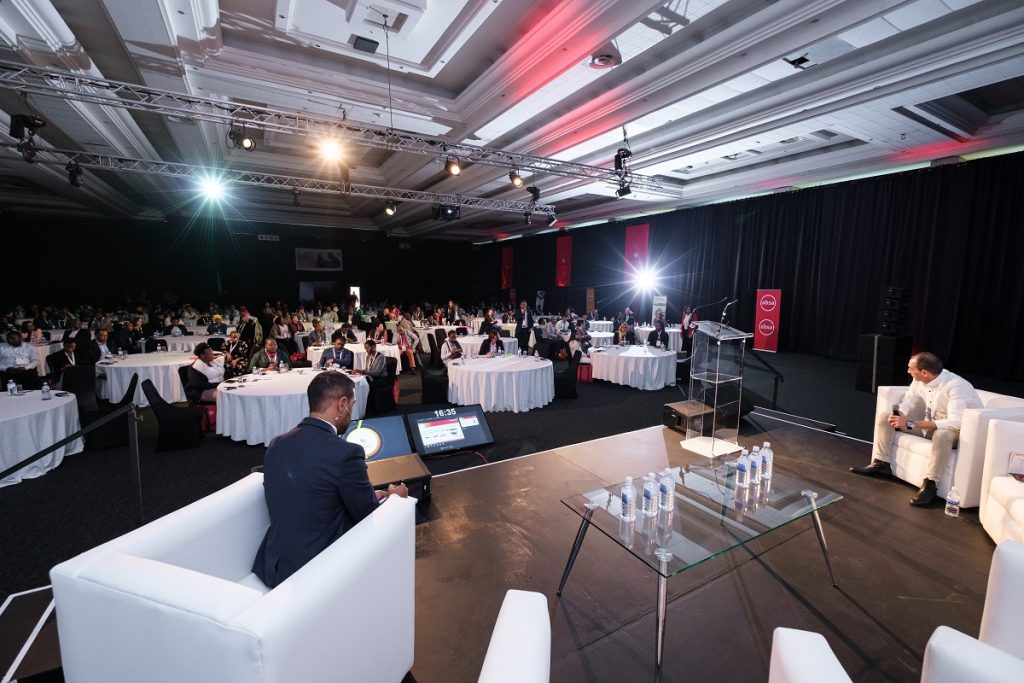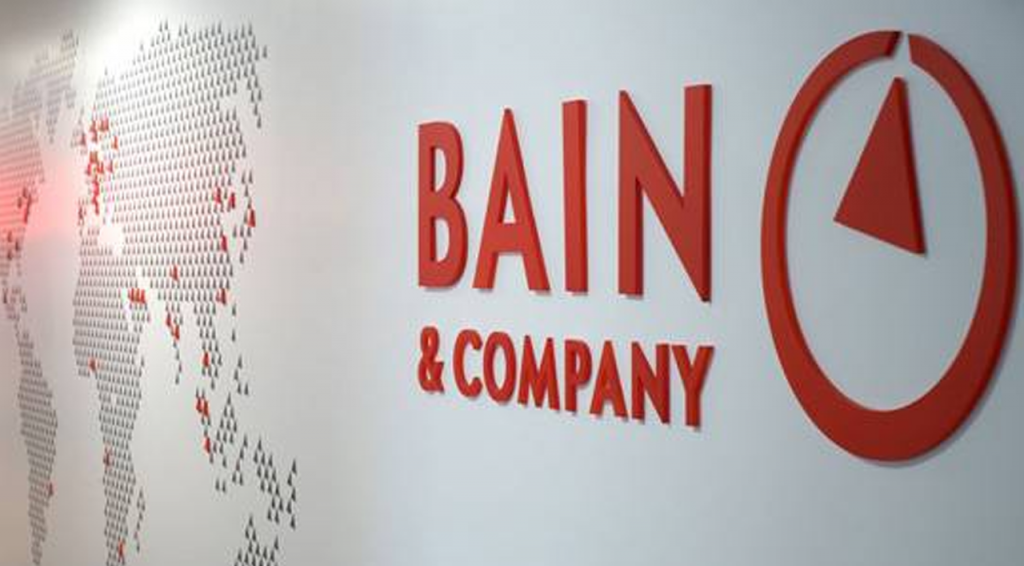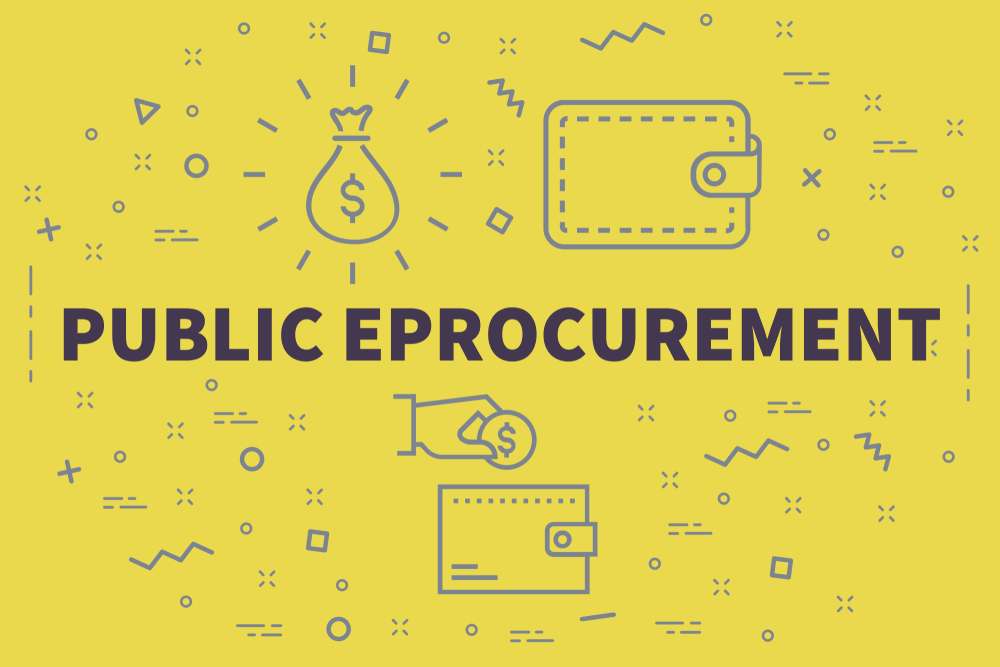Public Sector Scramble on PPPFA Begins
Public procurement in South Africa is on the brink of being turned on its head. Johannesburg-based Director, Coach, Consultant and Supply Chain Management Practioner, Shaun Scott, unwraps the legal conundrum that faces all organs of state come January 2023, which must decide for themselves how to implement the new Preferential Procurement Regulations. Over 700 organs […]
Public Sector Scramble on PPPFA Begins Read More »









